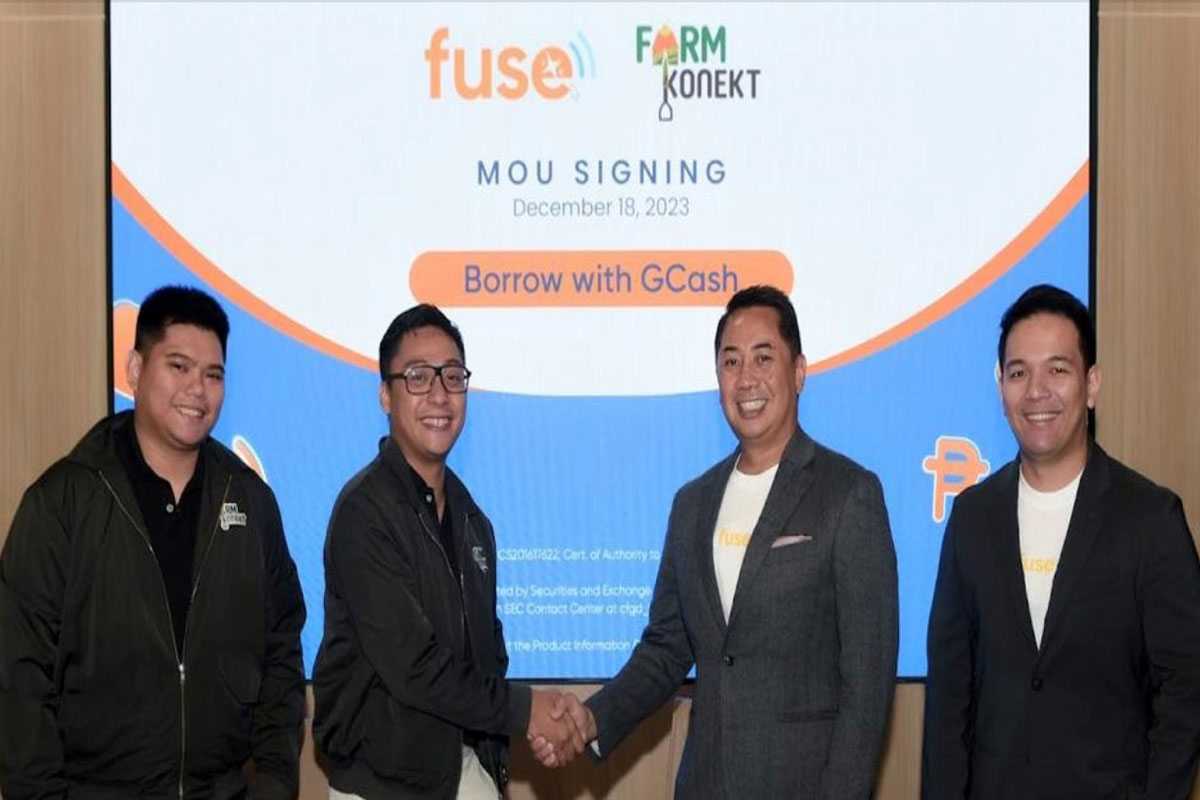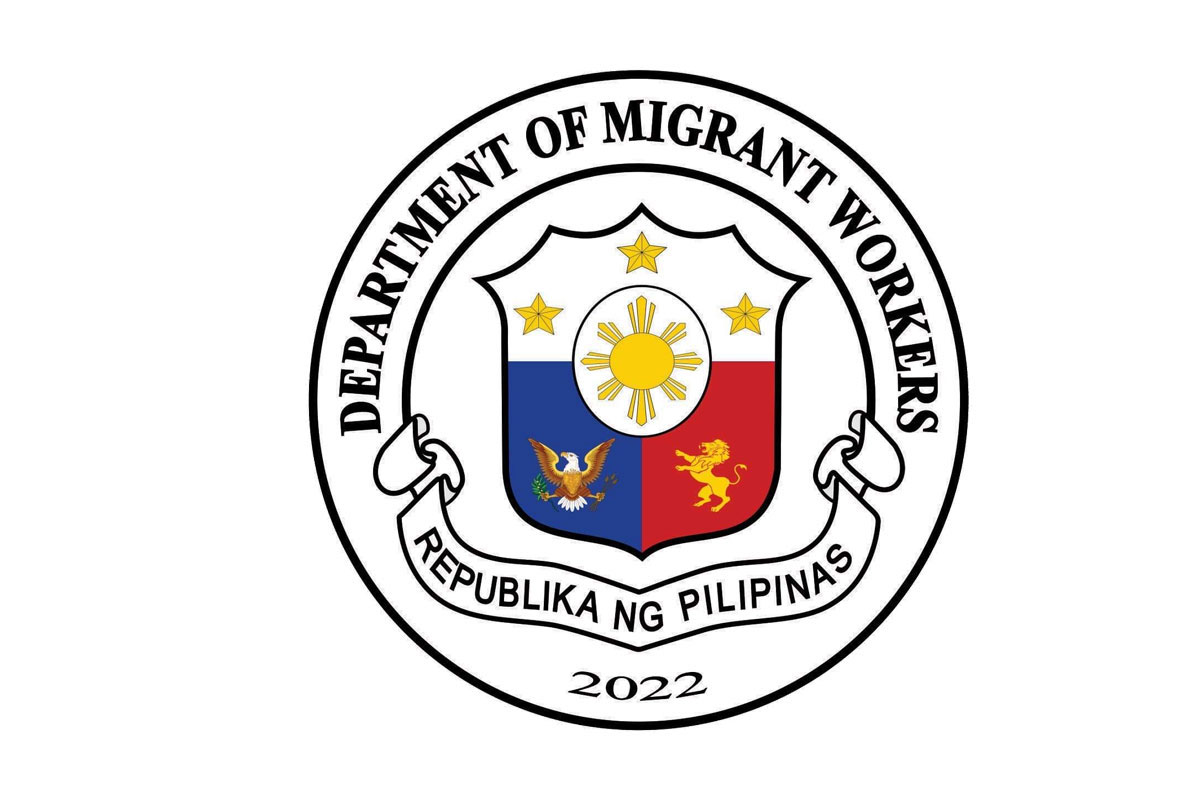
Hog growers urged to insure stocks with PCIC
HOG growers including those in the green or free zones must insure their stocks with the Philippines Crops Insurance Company (PCIC) as the indemnification program of the Department of Agriculture for depopulated hogs in affected African Swine Fever (ASF) areas has ended.
Registry System for Basic Sector in Agriculture (RSBSA) Director Remelyn Recoter said that all hog raisers, particularly those in the Western Visayas, one of the remaining ASF free regions in the country, must register to the RSBSA, which is one of the primary requirements in availing swine insurance.
“Those farmers listed under RSBSA could avail of the free livestock insurance offered by the PCIC which could be of help during this uncertain situation with the luring threats of ASF in our more than 20-Billion swine industry in the region,” said Recoter.
Recoter further explained that those who have not yet listed on RSBSA and have not yet applied for livestock insurance could visit the nearest municipal or city agriculture offices to access the forms and inquire needed information about the program.
Under the memorandum issued on July 14, 2021 by DA Secretary William Dar, to qualify for the insurance program, beneficiaries such as backyard swine raisers listed in the RSBSA, farmer cooperatives or associations, commercial farm operators, local government units (LGUs), and state colleges or universities should satisfy the several requirements.
These requirements include that the LGUs that have jurisdiction over the farms of these beneficiaries must have adopted harmonized ordinances relevant to the prevention and control of ASF; the LGU must have prepared and are implementing and regularly updating a City/municipal ASF Control and Prevention Plan aligned with regional initiatives of the DA Regional Field Offices (RFOs).
The DA RFOs shall provide technical assistance in the preparation and updating of the plan; the LGU must have organized the “Bantay sa ASF sa Barangay”; the hog farms are registered with the LGU; Operations must be compliant with the Biosecurity level 1 standard; and farmers or in case of commercial farms, owners and staff have been trained on biosecurity procedures.
The PCIC, on the other hand, has also intensified its campaign on indemnification program through its simplified ABKD advocacy.
ABKD means A-Aplikasyon (Application) wherein beneficiary must submit a complete application form for the livestock (Swine) Mortality Insurance to the Municipal Agriculture Office; B-Bili sang Seguro (Amount of Insurance) hogs are insured of P7,000/fattener and P10,000/breeder; K-Kwalipikado (Who can be qualified) the following are qualified for the free livestock insurance of PCIC: Swine Owner, financers of hog raising, those registered in the RSBSA; D-Detalye (Details) coordinating with PCIC is important and must remember that only those insured under the PCIC livestock (Swine) Mortality Insurance shall be accommodated.
Individual hog raisers could insure a maximum of 20 fatteners and ten breeders for free under the RSBSA funds but excess number of heads has a minimum fee for its insurance coverage.
The DA and the PCIC has been working collaboratively in order to provide insurance protection to farmers against losses arising from natural calamities, diseases and pest infestations of crops in order to attain a food secure and resilient Philippine with empowered and prosperous farmers and fisherfolk.


















